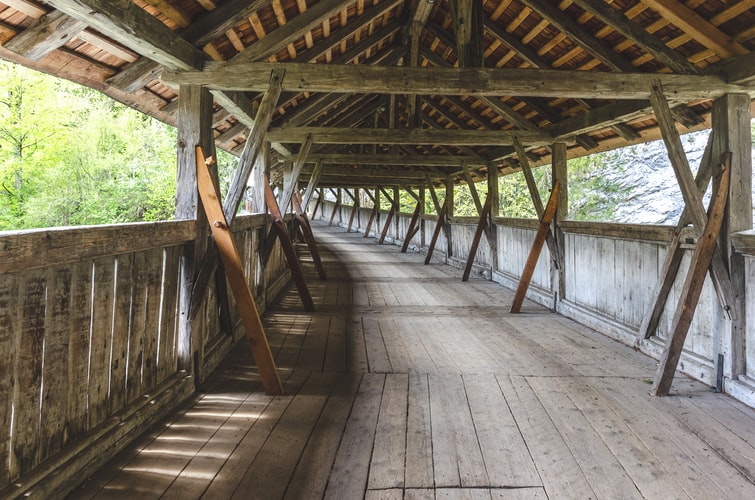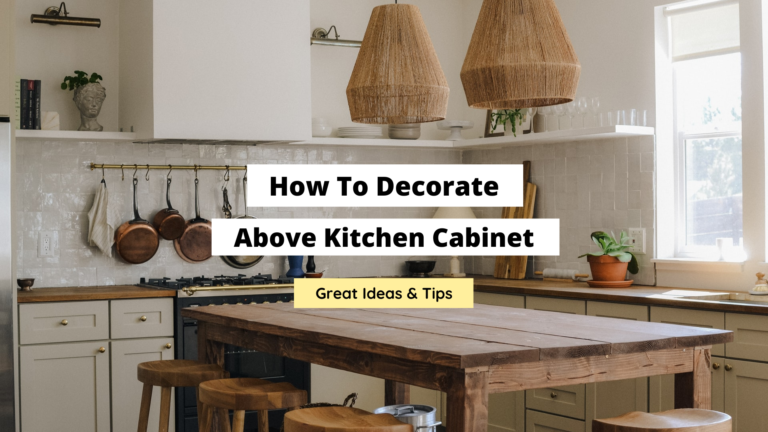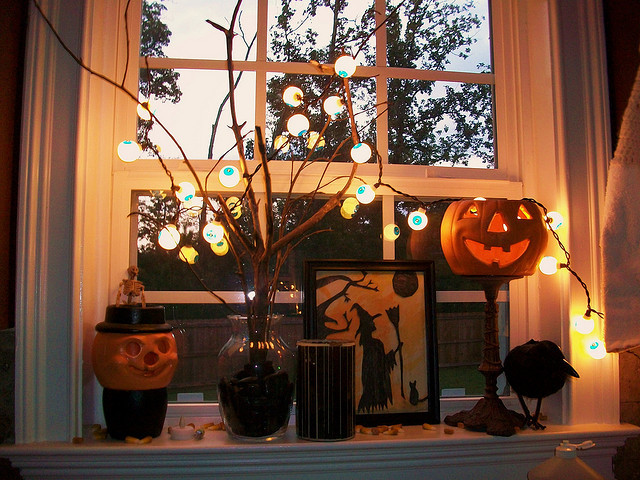Is Bamboo A Hardwood Or Softwood?

Recently I made myself a laptop desk from bamboo wood and found it to be surprisingly amazing to work with. But I was confused about something, is bamboo a hardwood or softwood? After some research, this is the best answer I could find.
Bamboo is technically labeled as grass but it is mostly classified and referred to as hardwood. In fact, strand woven bamboo can be 3 times harder than normal hardwood making it a perfect candidate for your home.
Ironically, bamboo is the one type of wood that scores erratically on the Janka hardness test.
For those of you who don’t know about the Janka test, it is designed to measure the resistance of denting and wear. It measures the force required to embed an 11.28 millimeters (0.444 in) diameter steel ball halfway into a piece of wood. This test is predominantly used to determine the suitability of a type of wood for hard flooring.
Strand woven bamboo scores among the highest on the Janka hardness test whereas natural bamboo and carbonized bamboo rank in the lower tier of wood most suitable for flooring.
Table of Contents
Why bamboo is ideal for flooring?
- Bamboo is affordable and easy to grow.
- There is an abundance of bamboo available for bulk purchase.
- Strand woven bamboo doesn’t need to be refinished.
- Bamboo flooring can be installed the same way as traditional hardflooring.
- Bamboo is easily maintained and cleaned at a reasonable cost.
- Bamboo flooring is eco-friendly.
- Bamboo flooring is available in click lock flooring planks, tongue and groove flooring planks or solid and engineered versions.
How does bamboo flooring look?
Honestly, it looks similar and just as good as any other hardflooring product on the market. However, due to the production process used by factories, also known as ‘strand woven’, which appears to give off a marble-like texture to the bamboo flooring.
The color of bamboo can vary due to the heating process known as carbonization. Rather than sport it’s natural blonde/beige color, it can be heat treated to appear dark brown.
What’s the quality like?
Pretty good, if you ask me. The only thing to consider is the fact that most bamboo flooring is imported from China and nearby countries. The quality and finish vary significantly so it’s a good idea to purchase your flooring in bulk from the same supplier.
What I particularly like about bamboo flooring is the serene and zen-like feel it adds to a room. If your goal is to mimic or create a Japanese or Chinese decor room, bamboo flooring is your best buy!
Be careful when purchasing bamboo flooring that is significantly marked down from what their normal retail or manufacturing prices are. Often, the markdown is attributed to bamboo that was harvested too early or air-dried rather than oven-dried making them prone to dents and softness.
Is bamboo flooring expensive?
Compared to viable alternatives, it’s actually relatively affordable. On average, it retails between $3 – $5 per square foot. Some brands offer a slightly cheaper option but I would mostly recommend a better brand that offers a more durable and stronger product.
Installation is more or less the same as what you would pay for traditional hardwood flooring which makes this a really competitive option for your home.
Not only do you save money in the grand scheme of things but you can proudly support eco-friendly decor which is something to be credited for.
What about moisture-resistance?
From my own experience, I’d say that bamboo is slightly more moisture-resistant than hardwood flooring. But, it would be ideal to use it in rooms that are less humid and exposed to water, like a bathroom. Wiping your bamboo floors once or twice a week shouldn’t be a problem though.
In conclusion
So, is bamboo hardwood or softwood? It is considered hardwood that is becoming a popular choice for most homeowners because it’s fairly cost-effective, eco-friendly, aesthetically beautiful, fairly resistant to moisture and long-lasting.
RELATED POST: 15 DIY Wood Craft Projects That Are Beyond Beautiful



